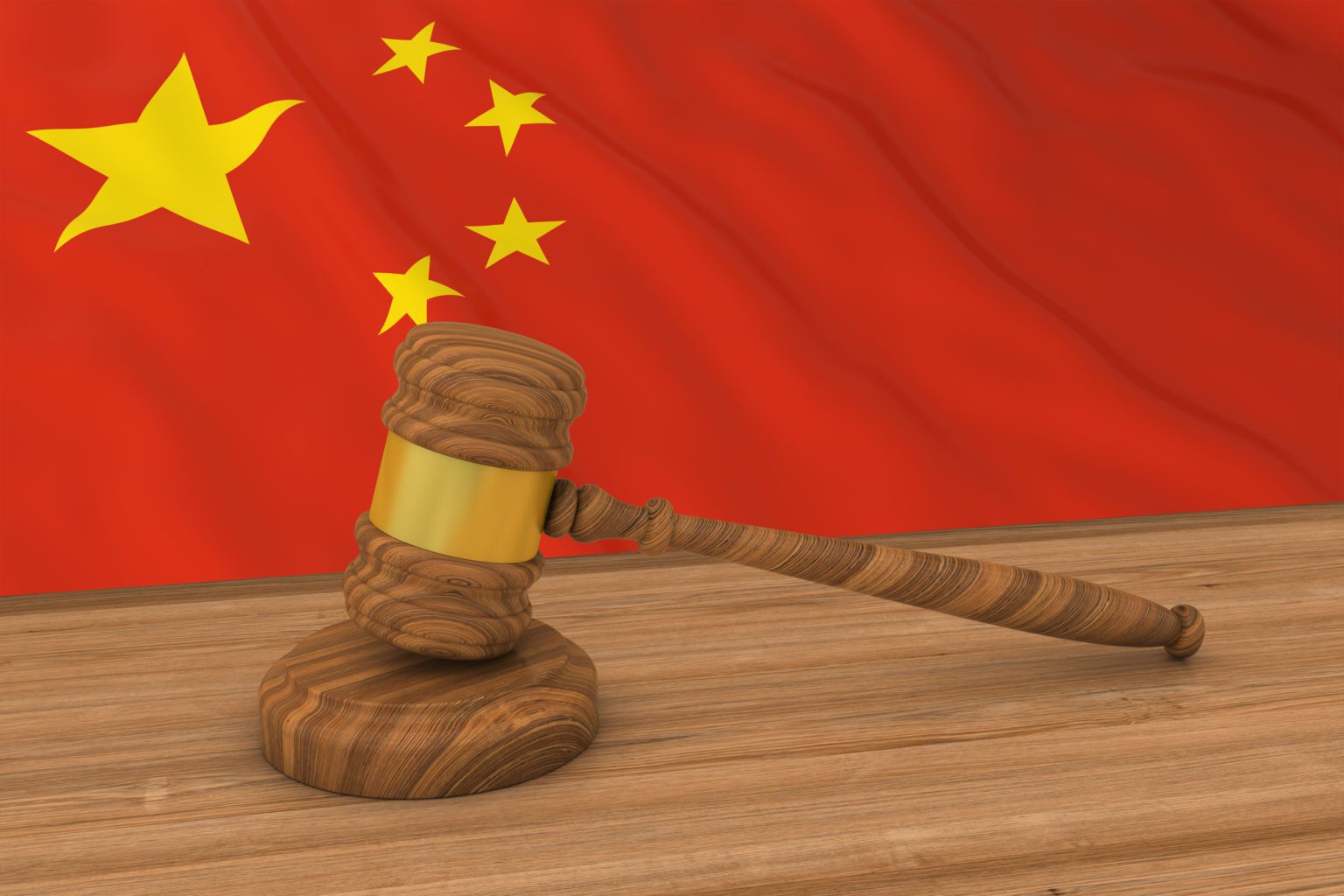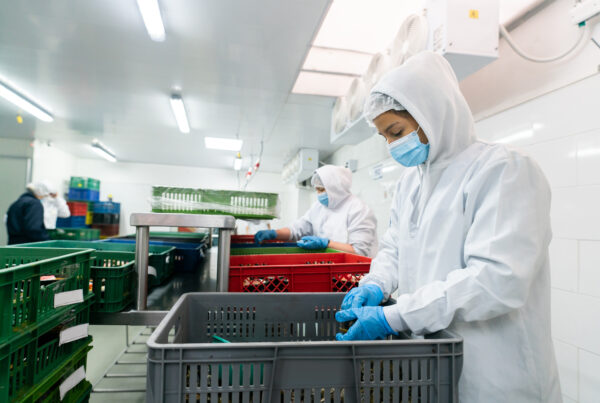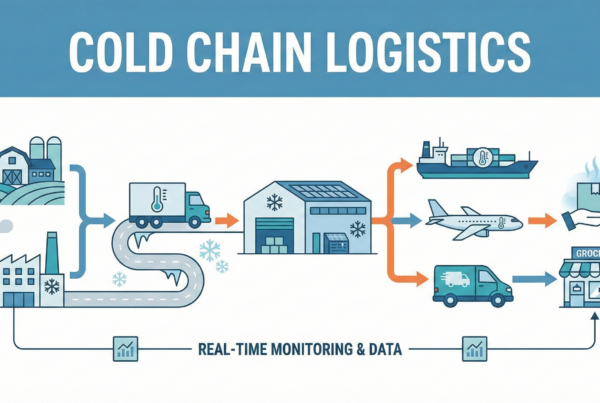The Chinese rule that all food imports would need an inspection certificate from foreign governments was set to take effect on October 1st, but was halted in favor of installing a two-year transitional period after countries including the US, Japan, Australia and much of the European Union complained that the regulation could damage billions in international trade. The food regulations come urgently after complaints that China has unduly suppressed market competition from international sources in favor of local sellers, regardless of how those local Chinese suppliers are found to adhere or flaunt those supposedly universal rules on quality. With a growing middle class and slowing economy, China has agreed to loosen import regulations to keep prices lower and encourage competition, but may not actually be following that path as evidenced by the proliferation of new regulations they want to enact.
The countries against the regulation imply that these rules further eliminate competition from China’s growing  marketplaces instead of actually protecting the food’s integrity. A recent ban on soft cheeses imported from Europe due to the bacteria used was proven to be an attack on the imports themselves as Chinese suppliers use the same “dangerous” bacteria processes to make local variations of those cheeses negating the specified safety regulations these rules should be applying across all markets. As the Chinese are routinely accused of unfair trade manipulations regarding steel and aluminum, the new rules further threatened trade relations around the world.
marketplaces instead of actually protecting the food’s integrity. A recent ban on soft cheeses imported from Europe due to the bacteria used was proven to be an attack on the imports themselves as Chinese suppliers use the same “dangerous” bacteria processes to make local variations of those cheeses negating the specified safety regulations these rules should be applying across all markets. As the Chinese are routinely accused of unfair trade manipulations regarding steel and aluminum, the new rules further threatened trade relations around the world.
As the Chinese markets have a track record of poorly regulating in state suppliers who’ve been caught selling spoiled, counterfeit and tainted food, the rule is thought to divert attention away from Chinese regulators who are responsible for these issues and imply that the issues are foreign in nature. In effect, those critical of the rules feel they support only Chinese suppliers and reduce market access instead of opening their market to more competition, as promised. Apart from food, medical technology, farming biotechnology and other exports bound for China have routinely been difficult due to the state’s dedication to the preference given to Chinese suppliers.
CFI understands that changes of this nature can feel daunting and confusing for shippers, we’re on hand to work with you as you start to navigate these new regulations. We do our best to remain focused on advising our clients on how best to remain in compliance with each new iteration and can be reached 24/7 for guidance. Though we cannot create the appropriate certifications, our specialists can help explain what is needed for the cargo you have at the destination to which it is headed and work with you to ensure there are no delays or problems with your shipment.
Useful Links:
http://www.newsobserver.com/news/business/article175383856.html?mod=djemlogistics



